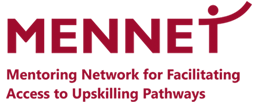Asking questions to understand and remember
Learning outcomes:
- The learners will be able to ask the right questions
- The learners will check for understanding
- The learners will be able to pay more attention to what they are reading since it stimulates him/her to find the answers



